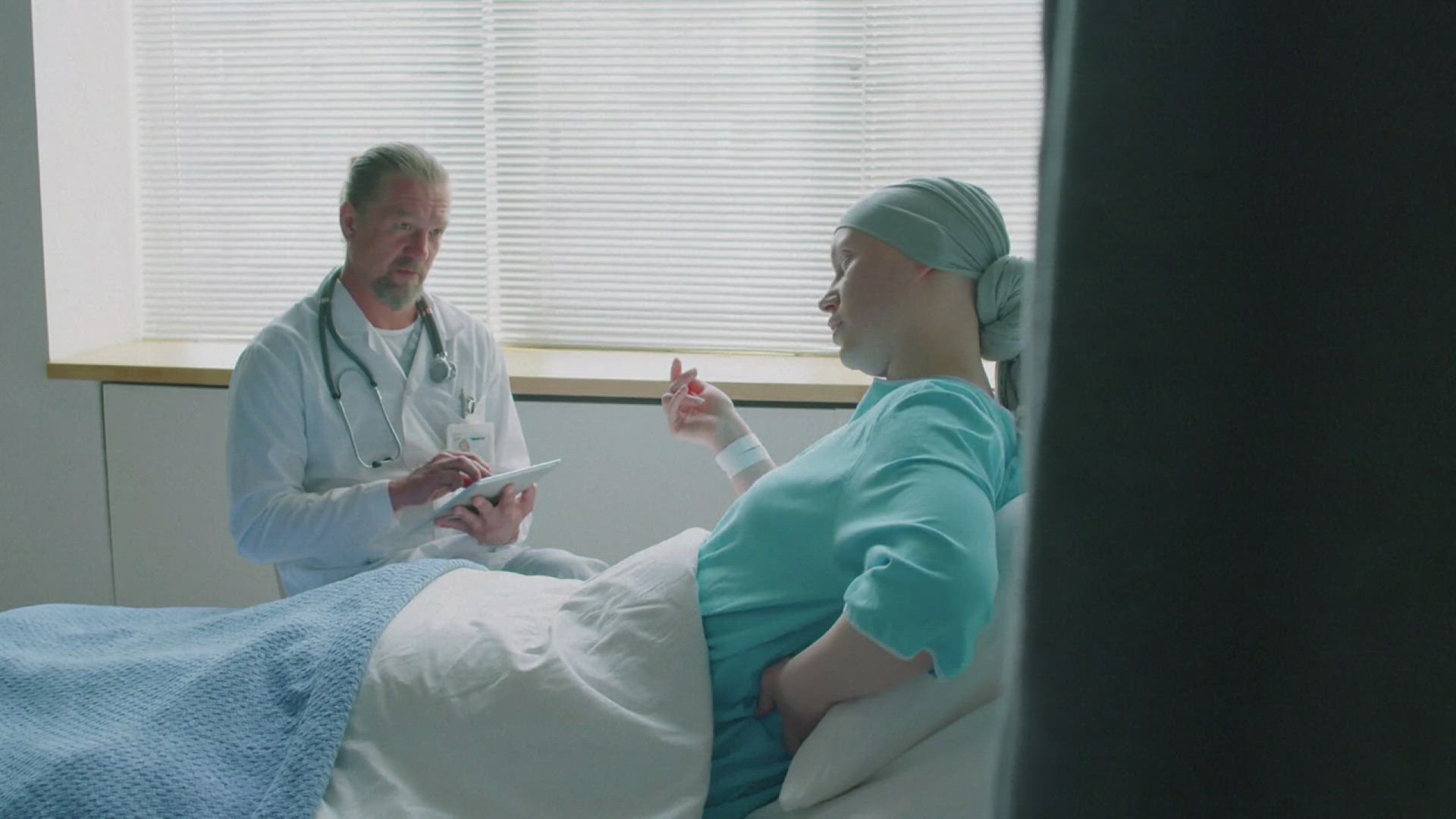CLEVELAND — In 2015, Ohio became the 20th state to pass dense breast notification legislation to inform women on their mammogram notification whether or not they have dense or fatty breast tissue.
It's important information to have because women with dense breast tissue are four to five times at increased risk of breast cancer and not just because it's easier for a tumor to hide within the tissue.
"On top of the fact that it's harder to see there's is something within that dense tissue that increases the risk of getting breast cancer for the patient and I think a lot of patients don't know that," said Donna Plecha, M.D. Chair of University Hospitals Department of Radiology at UH Cleveland Medical Center.
The density of breast tissue is something women are born with, they have no control over it. Those with denser tissue are more likely to be called back for additional screening, often ultra sound or MRI. That second check could be a lifesaver.
"MRI in particular, we do the abbreviated MRI scanning here at University Hospitals and we can pick up four to five times more breast cancer than even a 3D mammogram in dense breasted women and we've been part of national studies that have shown that," Dr. Plecha said.
While mammograms are covered by insurance as preventative care under the Affordable Care Act, the follow up diagnostic screenings usually are not. Which may cause some women to skip the additional testing and potentially develop more advanced breast cancer.
"My hope in the future is that the FDA comes up with national standards for these extra steps that may be needed for some patients that aren't covered currently," Dr. Plecha said.
Dr. Plecha says it's important for women who are having difficulty paying for additional screening and testing share this information with their healthcare providers. Often there are resources they can be paired with that may be able to offset some of the cost.

